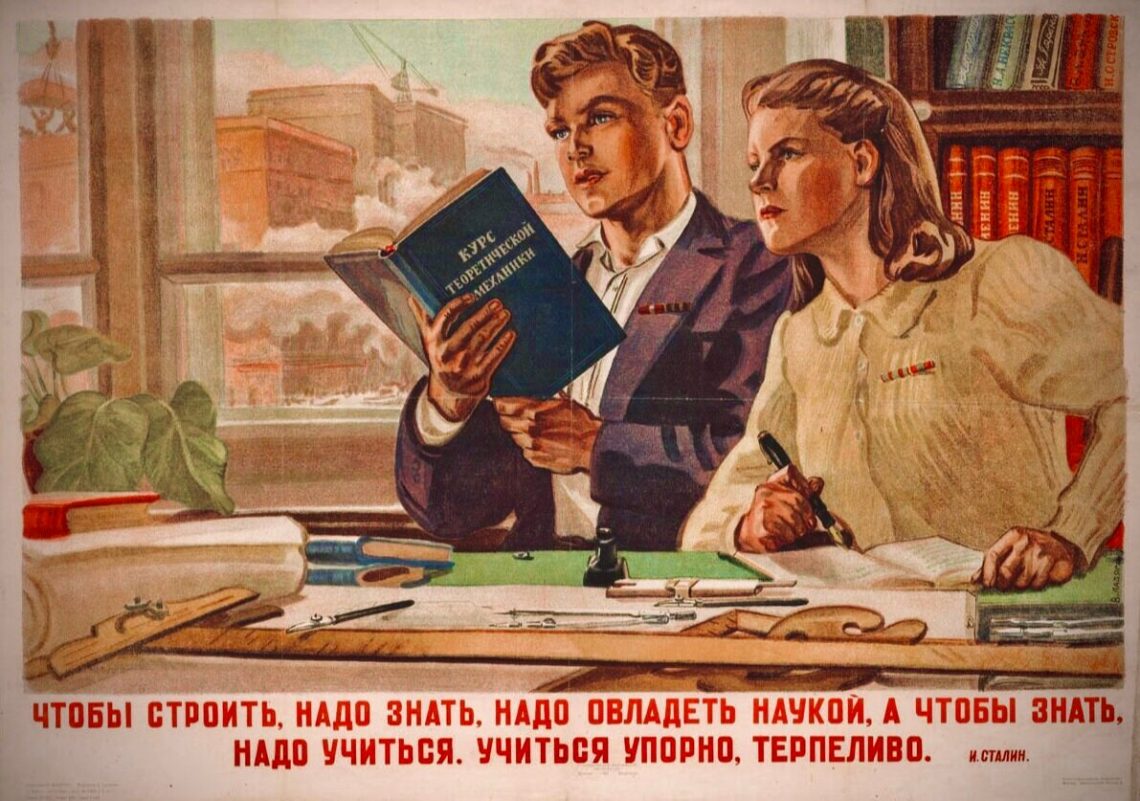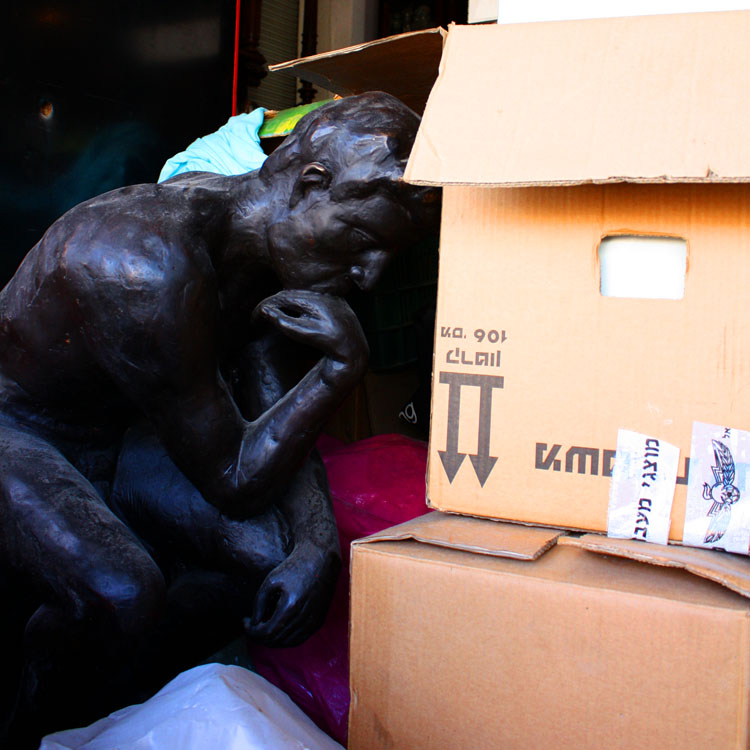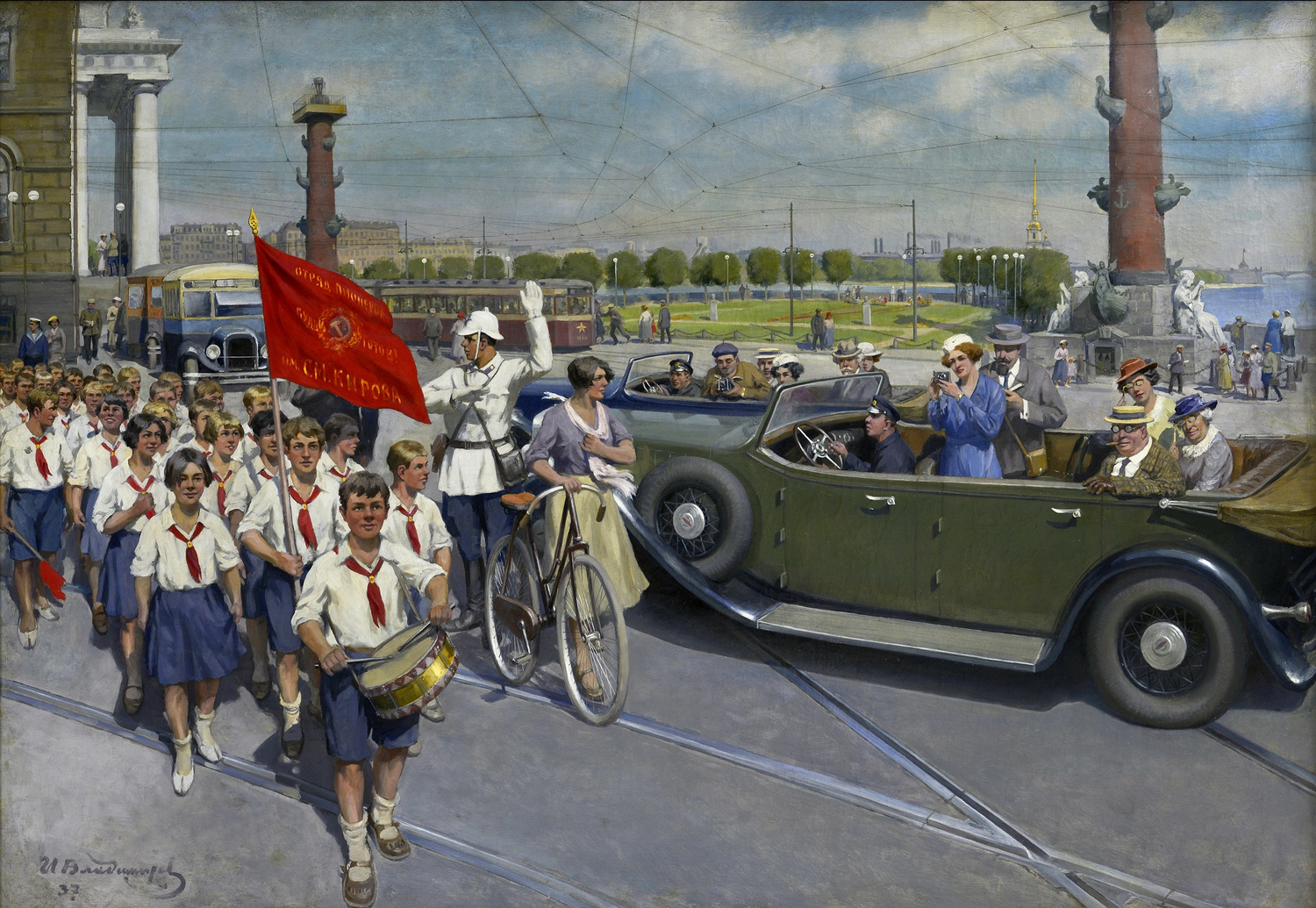
Conference «The Politicization of Academia» (Israel, 8-9 December 2021)
In 1966, sociologists Peter Berger and Thomas Luckmann coined the phrase social constructionism, claiming that cultures and traditions are the products of social constructs created by those who benefit from their existence. They also pointed to the fact that cultural creation is always biased, although the bias may be unconscious. And indeed, throughout history, one can find conscious and unconscious political use of the human and social sciences, of art, religion, and culture. All of these have an effect on strengthening or weakening various social trends.
Therefore, those that would influence public opinion tend to back themselves with works of research which seem objective and unbiased, whether the field be economics, art, gender, family studies, the military or others. The justice system and religious law are also influenced by political trends and by the works of research and art that are used to shape public opinion.
This conference will offer a comprehensive and in-depth discussion of these phenomena, delving into the connections between social and political constructs on the one hand, and academic studies on the other.
Guest lecturers
Prof Oz Almog, Haifa University
Prof Joshua Berman, Bar Ilan University
Dr. Professor Tatiana Artemyeva, Herzen State Pedagogical University of Russia, St.Petersburg
Dr. Professor Mikhail Mikeshin, St. Petersburg Center for History of Ideas, Director
Topics for lectures, panels and round-table discussions should relate to the following:
On politicization in the humanities and social sciences
- Politicization in academic studies and its particular fields.
- Aspects and examples of politicization in research, teaching and creation in the different disciplines.
- Identification and definitions of political bias in traditional and contemporary research in academia.
- The effects of politicization on pedagogy.
- The limits of politicization in academia.
- Political bias in the humanities, the social sciences, and the exact sciences: differences and similarities.
- Between objectivity and subjectivity in academic teaching.
- The dangers in the politicization of teaching and research.
The history of politicization in the humanities and sciences
- Politicization in texts from the classical period until the modern day.
- Awareness of politicization in texts from the past: contemporary supporters and opponents.
Awareness of politicization
- Transparency and politicization in academic teaching.
- The need for raising awareness of politicization in academia.
Politicization and ethics
- The ethical problems in the politicization of academic work
The conference will include
Parallel sessions, containing
a. Short lectures (20 minute long)
b. Panels
c. Round tables
Guest lecturers from Israel and abroad
Invited plenary lectures
Research workshops
Physical and interactive poster sessions
Lectures may be delivered either in person or by Zoom.
General details
The lectures at the conference will be given in either Hebrew or English.
Participation and presentation at the conference require registration and registration fees.
Proposals may be presented in one of the following formats:
- Lecture: A lecture should be no longer than 20 minutes. 10 more minutes will be devoted to audience questions and comments.
- Round table: The proposal should include an abstract of the topics for discussion, the names of the participants and their titles.
- Posters: Proposals for posters on any of the conference topics.
To present a proposal, please download the instructions and proposal form.
Organized panels and roundtables are welcome.
Contact Info:
Proposals should be sent to keneswashach@gmail.com
Dr. Irena Vladimirsky, Achva Academic College, Israel: irena@achva.ac.il
Contact Email:
irena@achva.ac.il





